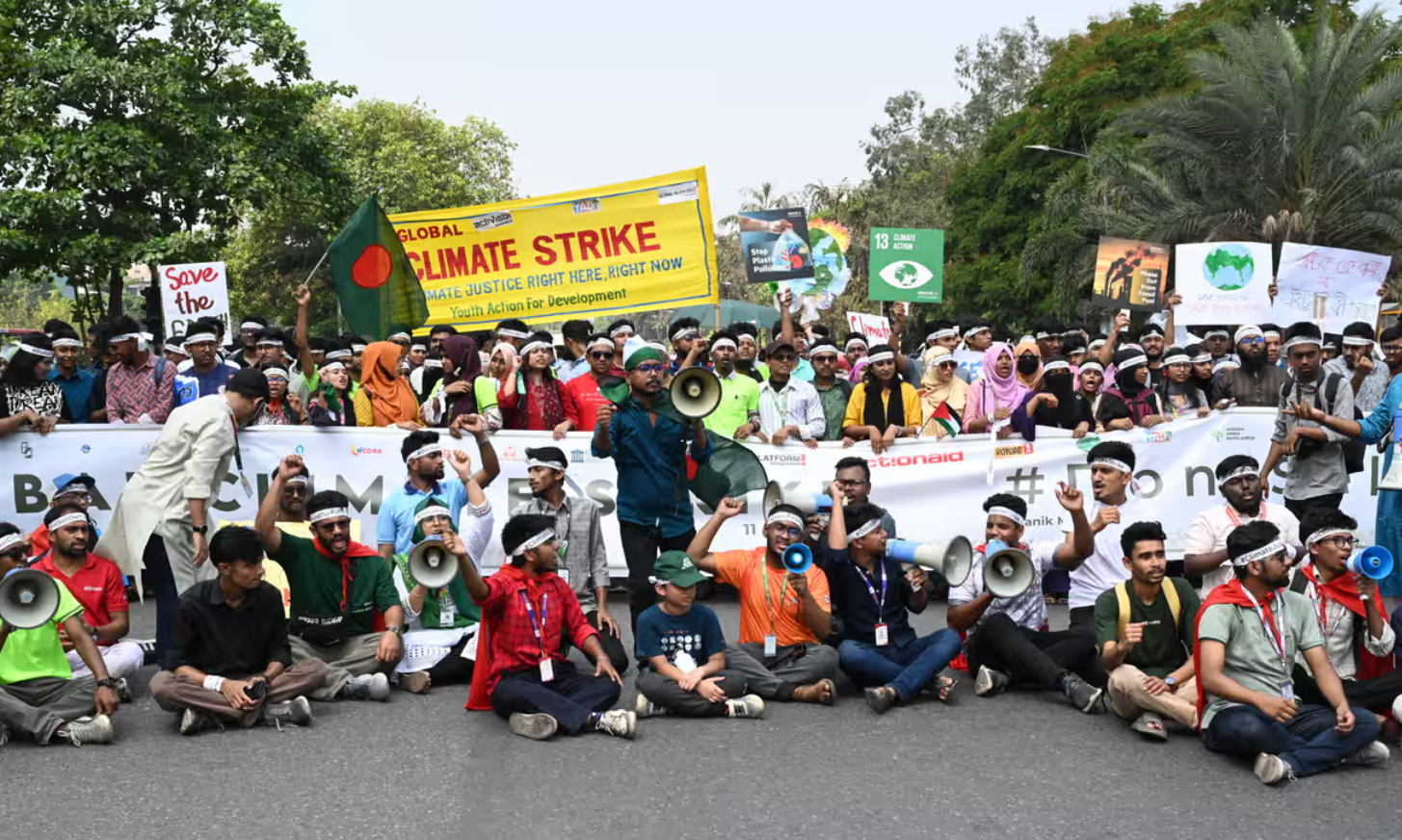
A new global survey, spanning 130,000 participants in 125 countries, found that 89% of people believe their governments should do more to tackle global warming. Yet most respondents thought few of their fellow citizens shared that view.
In reality, climate concern is not just widespread — it's nearly universal. And researchers believe correcting this perception gap could unlock a powerful social tipping point.
A quiet majority
"If people realise they're not alone in caring about climate change, they're more likely to act — and to demand action from leaders," said Dr Niall McLoughlin of the UK-based Climate Barometer research group.
This pattern was evident in questions about personal contributions. When asked whether they would be willing to donate 1% of their income monthly to fight global warming, 69% said yes. But most thought only a minority in their country would do the same — with perceived support averaging just 43%.
The difference between assumption and reality was as high as 40 percentage points in some countries, including Greece and Gabon.
Perception doesn't match reality — even among leaders
The study, published in Nature Climate Change, suggests that politicians, too, vastly underestimate climate concern. In the UK, Members of Parliament underestimated public support for onshore wind by wide margins. In the US, nearly 80% of congressional staffers underestimated support for limiting carbon emissions — sometimes by more than 50 percentage points.
"Perception gaps can have real policy consequences," said McLoughlin. "They can lead to weaker action, even when the public wants more ambition."
A global consensus — hidden in plain sight
The survey's reach was vast, covering countries responsible for 96% of global emissions. Support for action was strong across G20 nations, despite their status as the largest carbon emitters. In China, 97% of respondents said the government should do more on climate. In Brazil, Sri Lanka, and Portugal, support for both government action and personal contributions was similarly high.
Even in countries scoring lower, like the US, Norway, and New Zealand, majorities still expressed a desire for stronger climate leadership.
"This is a moment of global alignment," said Prof Teodora Boneva of the University of Bonn, one of the study's co-authors. "If we correct public misperceptions, we could trigger real political momentum."
Why the silence?
Experts say part of the reason for the quiet consensus lies in decades of misinformation. Fossil fuel companies have invested heavily in campaigns to cast doubt on the climate crisis, skewing public perception of how much agreement exists.
Prof Cynthia Frantz of Oberlin College likened the phenomenon to private worry without public voice. "People are largely experiencing their climate anxiety in silence," she said.
But silence isn't apathy. And global polling supports that: the UN's People's Climate Vote recently found that 80% of people worldwide want stronger national action.
"People are living the climate crisis every day," said Cassie Flynn of the UN Development Programme. "This data is a call to action. It tells leaders they're not ahead of public opinion — they're behind it."
A path forward
Researchers say there's a clear opportunity: by showing people that their concerns are widely shared, governments and campaigners could shift public behaviour — and political will — at scale.
Social science has repeatedly shown that when people believe others are acting, they're more likely to act themselves. "People want to be part of the majority," said McLoughlin. "They just don't know they already are."
The study is part of the 89% Project, a global journalism initiative aimed at amplifying the voices of the climate majority.